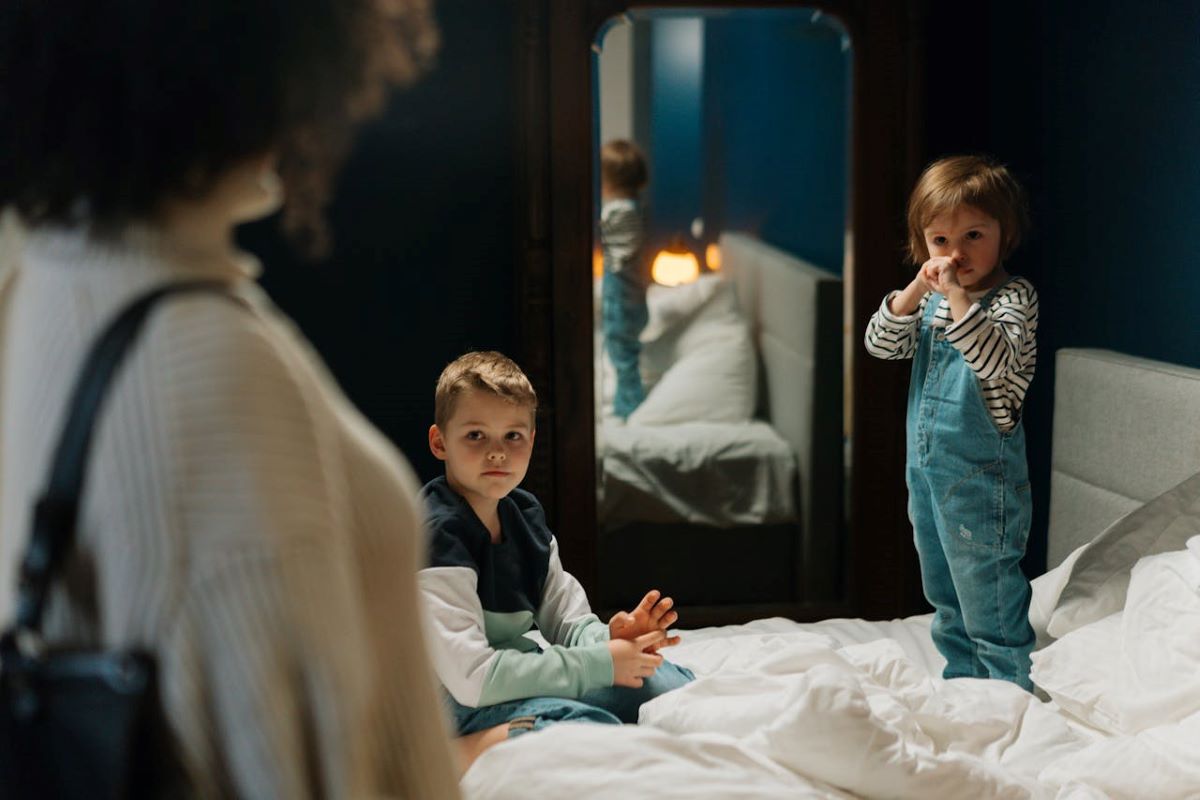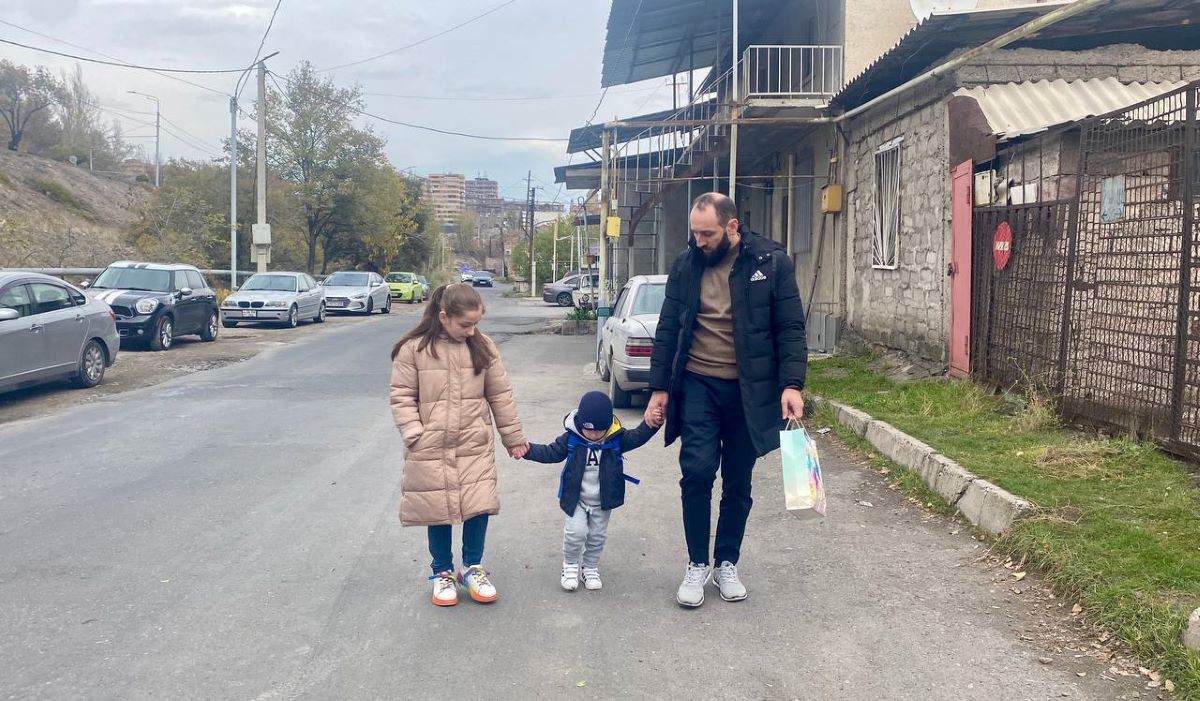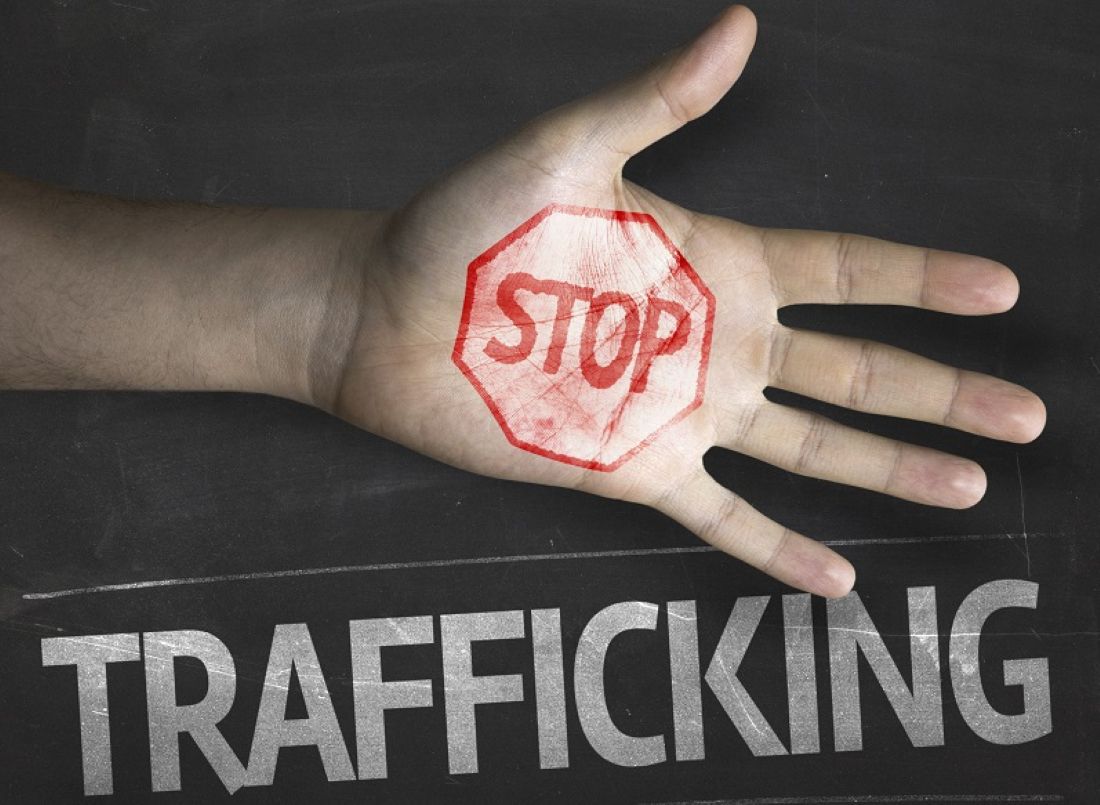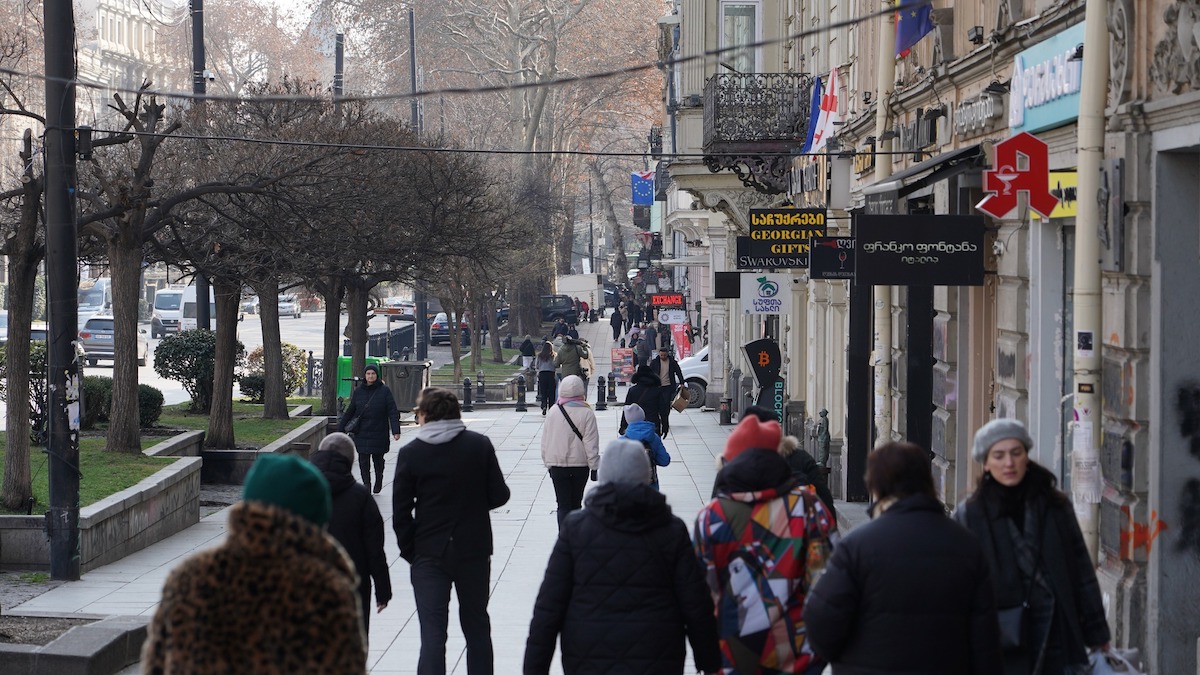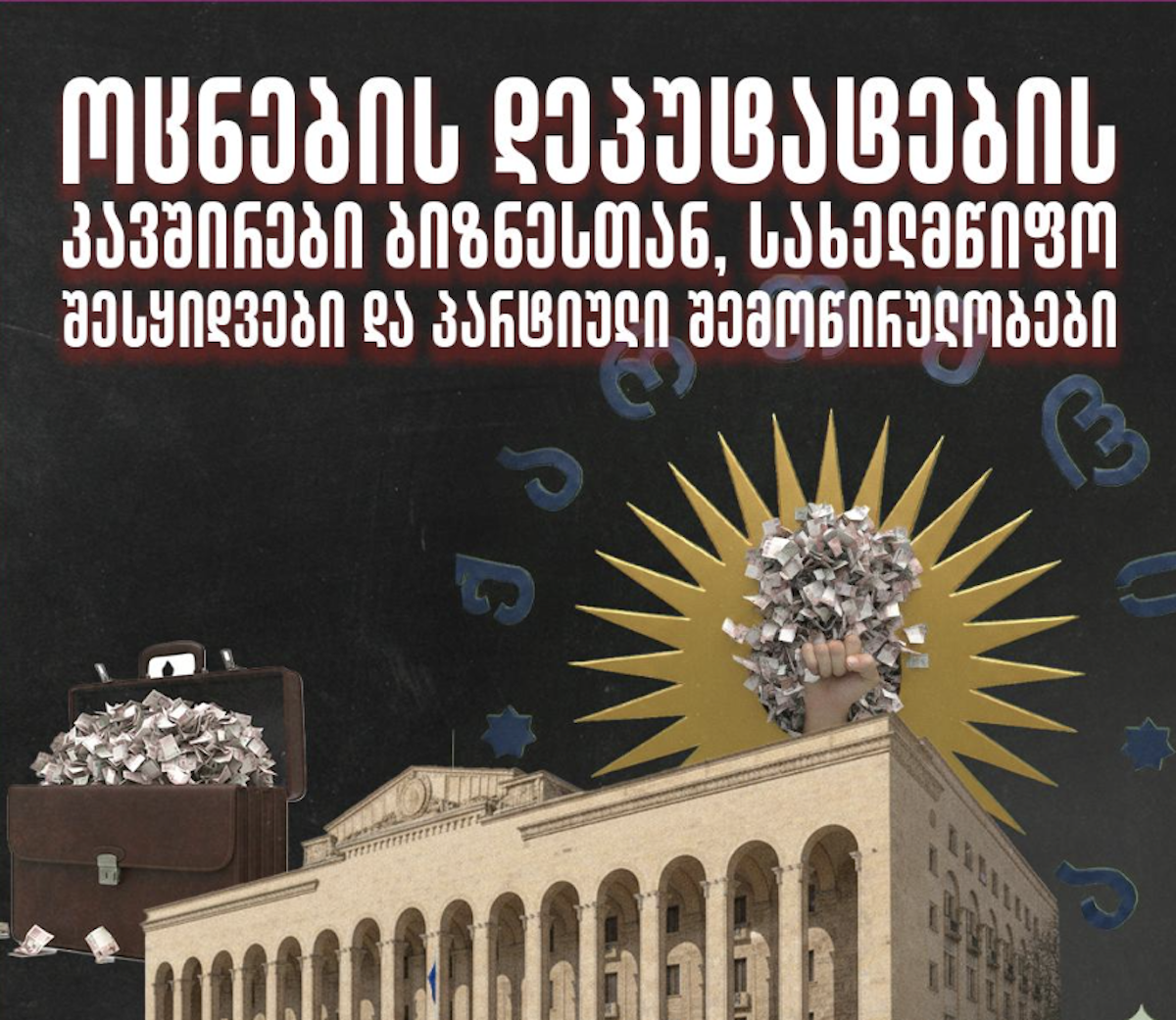Armenia redefines concept of masculinity
The image of the modern Armenian man is changing. This concerns his relationship with his family – his parents, wife, and children. Most members of the new generation behave differently, gradually reshaping societal perceptions. In the past, it was rare to find a man in Armenia willing to help his wife with household chores, care for the children, patiently listen to his wife’s problems, or empathize with the challenges faced by younger family members.
Certain individuals are contributing to this shift, with journalists sharing their stories in the media and social media users spreading them further. A new model of the “real man” is emerging – one who loves, helps, and supports his loved ones. The stereotype that a man must be tough and harsh is breaking down. This traditional image no longer feels relevant.
Two personal stories illustrate how societal perceptions are evolving. In addition, research findings shed light on the characteristics of the “new” Armenian man.
- Divorce rates rise in Armenia as traditions fail to keep marriages together
- Yerevan’s construction boom continues as housing prices remain out of reach
- Debed – Armenia’s first SMART village
- More tenderness than in youth: Stories of couples who have been together for half a century
The story of a woman who grew up around aggressive men
Egine (name changed) grew up in a large family with four men – her grandfather, father, uncle, and older brother. Each of them, in their own way, dominated her. For this reason, after finishing school, she moved to live permanently with her aunt, who lived in another country.
“My aunt lived alone. I became her family. It was a shocking change in my life – to live freely and escape the status of a servant. My school years were a nightmare. My mother worked, and I had to serve the men at home until she returned from work,” Egine recalls.
According to her, her grandfather, uncle, and brother spent the entire day at home. She had to return quickly from school to feed the family at noon, wash the dishes, clean the house, and complete other household chores.
“I invented all kinds of excuses just to get home faster. The men at home were hungry and waiting for me. If I was even slightly late, my grandfather swore at me, and my uncle shouted. My parents knew about it, of course, but stayed silent because apparently there was no other way.”
Egine says she had to ask her uncle to help with the housework so that her mother could stop working a second job and focus on the household:
“He always said there was no suitable work, he couldn’t work more than eight hours, and so on. This later became a bad example for my own brother. He still depends on our parents, even though he is now approaching forty.”
Because her school performance was poor and her parents could not afford to pay for university, she decided to leave her family at any cost and try to build a life in another country.
“I remember my mother’s quiet submission and the terrible words the men in my family directed at me. They were losing the servant who cooked, cleaned, ran errands for cigarettes, and sorted the laundry. My aunt bought me a ticket, and I left.”
After arriving at her aunt’s, she learned English and became interested in pastry work. She says she integrated easily into her new environment and found a job within three months of moving.
Egine considers learning how to interact with men the most difficult part. She recalls feeling wary and afraid even of male colleagues:
“Subconsciously, I wanted to stay away from all Armenian men, even if they were friendly. I lived in a neighborhood with many Armenian families.”
Today, Egine is married. Her husband is Armenian, and they do not have strict household roles – whoever finishes work first or has time handles domestic tasks:
“Some days I finish work first, some days my husband does. Whoever gets home first picks up the child from kindergarten and cooks dinner. Whoever is closer to the shop or has money takes care of shopping or paying bills,” she says.
There were times when only she worked. After the birth of their child, her husband found a job, and Egine took on most of the household responsibilities while caring for the baby.
She considers herself a happy person. But her relationship with her father’s family remains painful:
“There is contact, but it is not the kind of relationship you dream about. The most precious people in the world are your parents. My father and brother look at my husband askance and barely interact. They probably consider him submissive. Of course, that’s their problem, but being so detached from reality and the changes in the world is not normal.”
Story of man who left his parental home
David (name changed) spent a long time considering whether to live with his parents before getting married. He believed it would be risky for the health of his new family.
“My father has a very harsh character. He can say whatever comes to mind. In anger, he can lose control and swear at you with the harshest words. As a child, I often witnessed violence in my family. Later, when I was older, I told my father that he should not raise his hand against my mother. He would reply, ‘So what? She’s my wife, I can hit her if I want,’ or claim that he hit her out of great love,” David recalls.
He considers violence against women unacceptable. When conflicts arise in his family, he leaves the house to calm his emotions and thoughts.
“From the beginning, I told my parents I would live separately. I did not allow them to debate my decision. I was certain that my father and my future wife could not live under the same roof and that conflicts would be inevitable. Of course, from a financial perspective, running a household, paying rent, and handling daily chores is challenging for a new family. But my wife was ready to go through this journey with me.”
According to him, the early stage of married life, during the period of adjusting to each other, comes with many challenges. He believes the man’s role is crucial: he should support, forgive, and sometimes compromise.
“My wife starts work at 8:30 in the morning. We do not have a car, so she wakes at six to get ready and reach work on time by public transport. I work from home. What does this mean? It means I have to help with household tasks. Of course, she accomplishes a lot in the evening. But I take on some responsibilities: making the bed, taking out the trash, shopping, cooking dinner. First, I do it with love, and second, we have no other option at this stage.”
He does not consider his family relationships exceptional. He says they have friends who share their views and are generally very happy.
“We have disagreements and arguments. My wife is very emotional and reacts sharply to some situations. But I never allow us to cross a line. As soon as I sense tension, I take steps – I change the topic, offer her coffee, or suggest, ‘Let’s go for a walk and discuss problems along the way.’ So far, I have managed to navigate conflicts,” David says with a smile.
Results point to a growing positive trend
A recent study explored what constitutes the “new” image of the Armenian man.
Both women and men who took part in the survey identified caring for family and showing respect to others as positive traits.
Women rated a man’s ability to support and be a reliable partner higher. Men, on the other hand, valued independence, the ability to defend one’s honor and dignity, and the preservation of traditional family roles.
All participants agreed that the family in which a child grows up has the greatest influence on shaping male character and masculinity.
The majority of respondents rejected “toxic masculinity,” particularly behavior that leads to domestic violence.
Experts expressed concern that 15.67% of men still consider it acceptable to “sometimes hit a wife” under certain circumstances. In contrast, 92.71% of women completely rejected such behavior.
Overall, a small portion of both men and women still view some forms of violence as normal, highlighting ongoing challenges in changing social attitudes.
‘Survey’s goal is to spark constructive conversations‘
Armi Mkrtchyan, coordinator of the TeensLive gender program, says the purpose of the study was to explore societal attitudes and understand what people consider masculinity.
“We obtained a small result, but one that is very important for guiding further discussions on this topic,” she says.
The survey was conducted online and anonymously to ensure participants could answer more openly. In total, 2,100 respondents from Yerevan and other regions took part.
According to Mkrtchyan, the survey results were used to develop course materials that will be provided to schools.
“The program that conducted the survey has also launched an AI-based Telegram bot called ‘Baruzhan.’ It can answer various questions on this topic in a clear and accessible way,” she adds.
Since respondents identified families as playing a key role in shaping stereotypes about masculinity, the course authors hope the online modules will also help family members gain knowledge on the subject.
“We have also launched family-oriented workshops because we consider it important to work with parents. In these sessions, we provide them with tools to encourage positive masculinity in raising children. Social media and positive role models are also used to promote healthy ideas of what it means to be a real man,” Mkrtchyan explains.
“New” image of Armenian man










